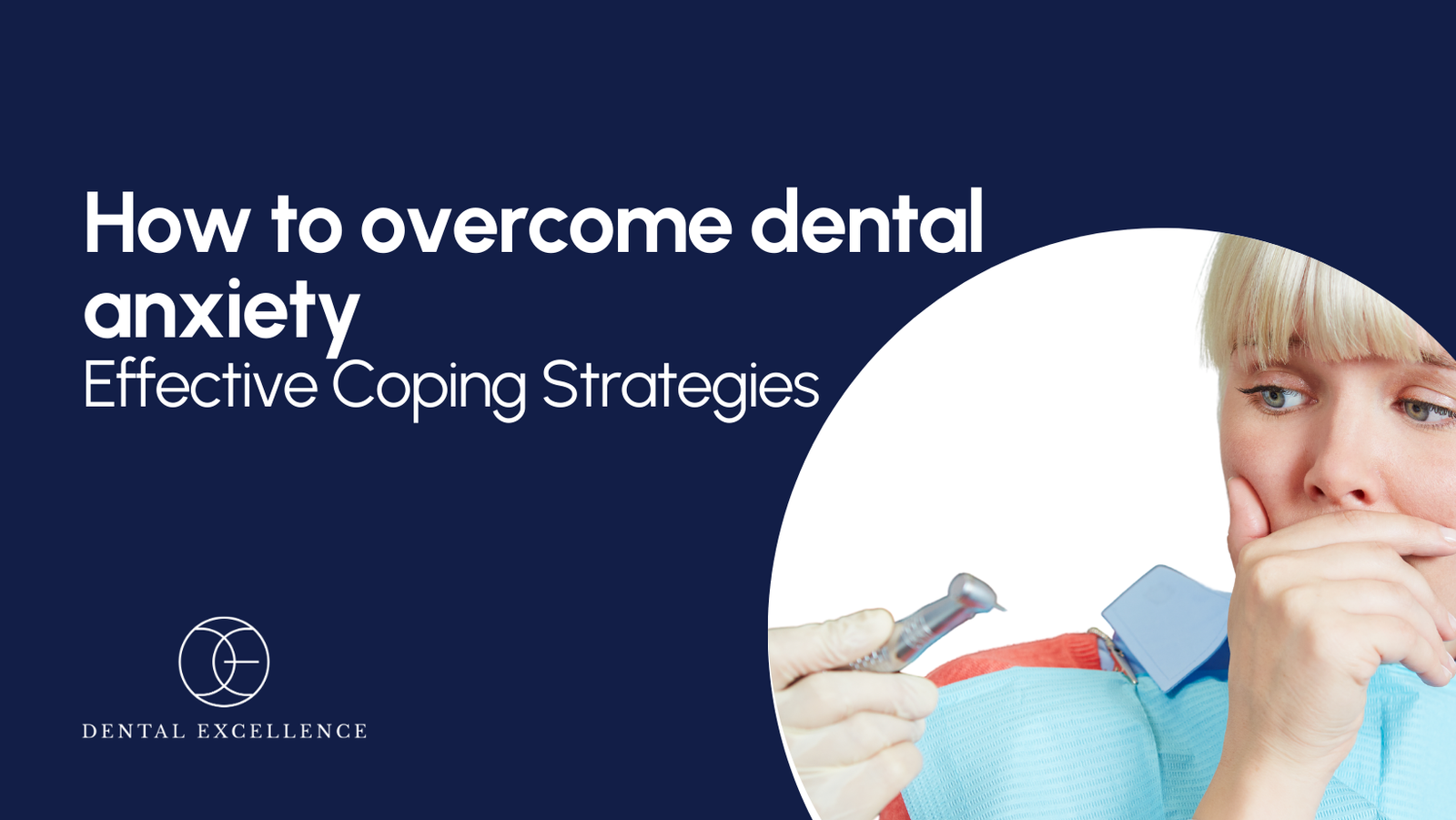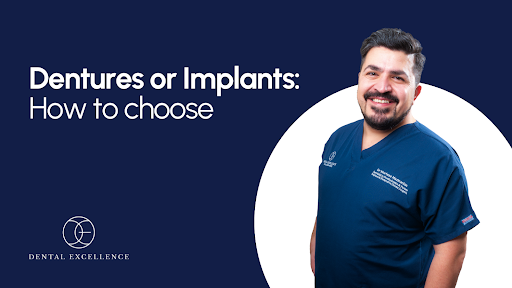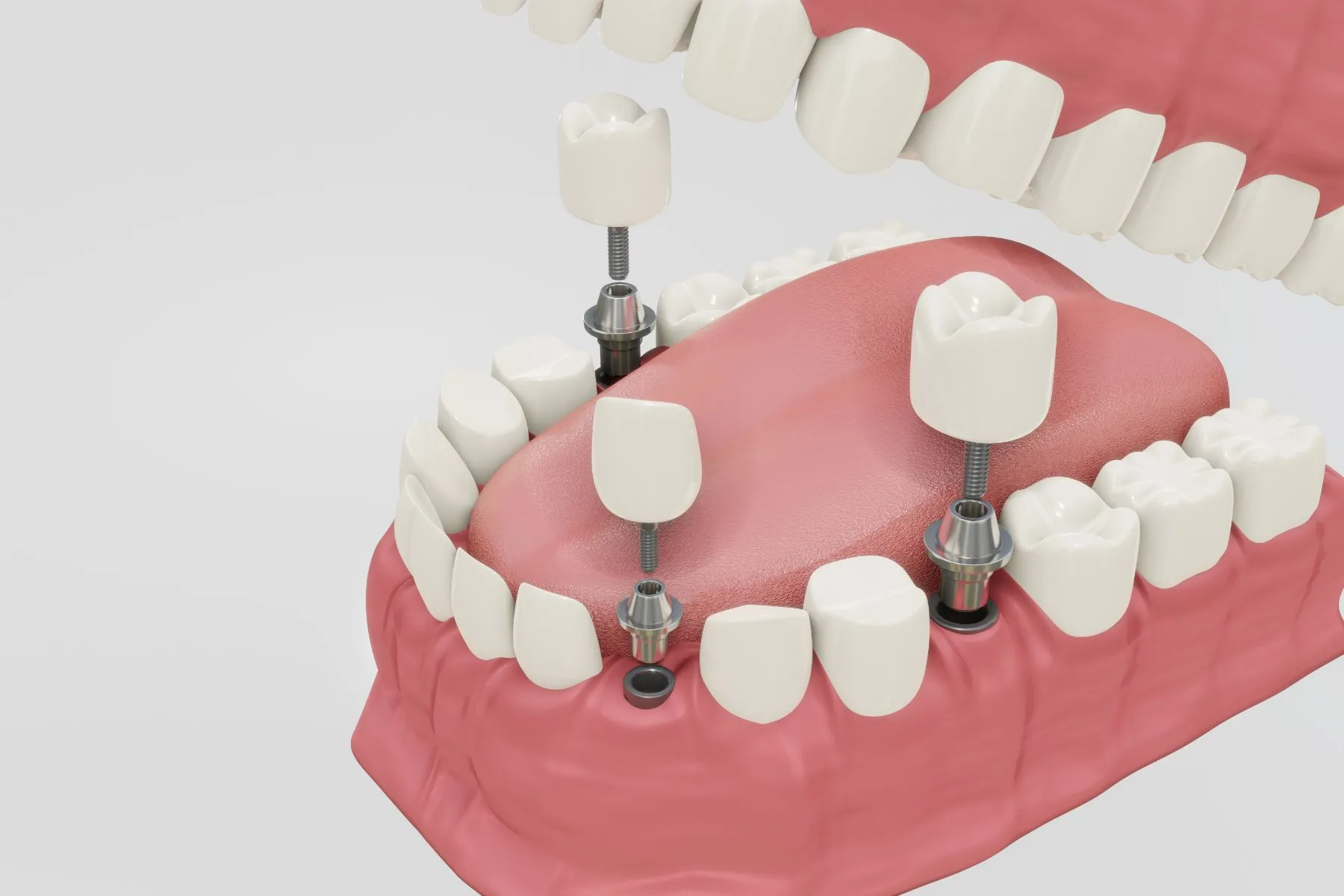Healthy gums are the foundation of a healthy smile. They protect the teeth, keep them stable, and form a natural barrier against bacteria. But when gums become inflamed or infected, problems arise that can affect not only oral health but also general wellbeing. Many patients ask us at Dental Excellence in Chalfont St Giles: what are gums diseases, how do they start, and how can they be treated safely?
In this article, we will explain in detail what are gums diseases, their causes, symptoms, and treatments. We will also cover how they can affect overall health and why seeking early professional care is always the safest solution.
What are gums diseases?
When patients ask what are gums diseases, they are usually referring to conditions that affect the soft tissues around the teeth. These diseases typically involve inflammation, infection, or damage to the gums and supporting structures.
The two most common forms are:
Gingivitis – the earliest stage, marked by red, swollen, or bleeding gums.
Periodontitis – a more advanced stage, where infection affects the bone and tissues supporting the teeth.
Left untreated, gum disease can lead to tooth mobility and eventual tooth loss. But with early diagnosis and professional care, these conditions can be treated and controlled effectively.
What causes gum disease?
The main cause of gum disease is plaque, a sticky film of bacteria that forms on the teeth every day. If not removed through brushing and professional cleaning, plaque hardens into tartar, which irritates the gums and triggers inflammation.
Other risk factors include:
Poor oral hygiene
Smoking or tobacco use
Diabetes
Stress and weakened immune system
Hormonal changes (e.g., pregnancy or menopause)
Genetic predisposition
Understanding these causes helps patients take preventive steps, but professional cleaning and monitoring remain essential.

What are the symptoms of gum disease?
Recognising early signs of gum disease is crucial for effective treatment. Symptoms may include:
Red, swollen, or tender gums
Bleeding during brushing or flossing
Persistent bad breath (halitosis)
Receding gums or longer-looking teeth
Loose or shifting teeth
Pus between gums and teeth
It’s important to remember that gum disease can be painless in its early stages. That’s why routine check-ups and hygiene appointments are vital.
👉 Check your symptoms with our dental team in Chalfont St Giles.
Can gum disease affect overall health?
Yes. Gum disease is not only a dental problem — research shows it can have serious links to general health. The bacteria responsible for periodontitis can enter the bloodstream and contribute to:
Cardiovascular disease
Diabetes complications
Respiratory infections
Adverse pregnancy outcomes (such as low birth weight)
This highlights why treating gum disease promptly is about more than saving teeth; it’s about protecting overall health.
👉 Ask us about the connection between gum health and general wellbeing.
How is gum disease diagnosed?
At Dental Excellence, diagnosing gum disease involves a thorough and professional assessment. During your visit, our specialists may carry out:
A visual examination of the gums for redness, swelling, or bleeding.
Periodontal probing, measuring the depth of gum pockets around each tooth.
X-rays, to check for bone loss caused by advanced periodontitis.
Digital scans, for detailed records and personalised treatment planning.
This comprehensive approach ensures we don’t just confirm the presence of gum disease but also understand its severity and progression.
How is gum disease treated?
Treatment depends on the stage of the disease. At Dental Excellence, we offer evidence-based, professional therapies including:
Professional hygiene sessions (scaling and airflow) to remove plaque and tartar.
Causal therapy, targeting bacteria below the gumline.
Guided tissue regeneration or bone regeneration in advanced cases.
Laser-assisted treatments, for precise, minimally invasive care.
Ongoing maintenance programmes, to prevent recurrence.
The goal is always to stop the disease’s progression, restore gum health, and stabilise teeth.
Can gum disease be prevented?
While some patients are genetically more prone to gum disease, prevention is highly effective when patients follow professional advice. Steps include:
Daily oral hygiene – brushing twice a day and flossing.
Regular dental check-ups – usually every six months.
Professional hygiene appointments – to remove tartar and plaque buildup.
Lifestyle choices – quitting smoking, managing diabetes, and reducing stress.
Early treatment – addressing gingivitis before it progresses to periodontitis.
Prevention is always less invasive, less costly, and more comfortable than advanced treatment.
Why choose professional care for gum disease?
When patients search what are gums diseases, many also wonder if home remedies can help. While rinses and good hygiene are supportive, they cannot replace professional treatment.
Reasons to trust professional care:
Accurate diagnosis of disease stage.
Specialist treatments that address both soft tissue and bone health.
Tailored care plans based on individual needs.
Long-term monitoring, ensuring stability and preventing relapse.
Choosing expert care at Dental Excellence means your gums are treated with the same dedication and precision as every other part of your smile.
Are there different types of gum disease?
When patients ask what are gums diseases, it’s important to understand that there are several stages and variations:
Gingivitis – the mildest form, often reversible with proper hygiene and professional care.
Chronic periodontitis – the most common type, leading to progressive bone loss and gum detachment.
Aggressive periodontitis – less common, progressing rapidly and often seen in younger patients.
Necrotising periodontal disease – a rare but severe form, usually linked to immune conditions, stress, or poor nutrition.
Each type requires a tailored treatment plan. At Dental Excellence, we assess your individual case and provide a clear pathway to restore and protect your oral health.
👉 Ask our specialists which type of gum disease may affect you.
What happens if gum disease is left untreated?
One of the biggest dangers of gum disease is that it often develops silently. Patients may ignore bleeding gums, assuming it is normal, but untreated gum disease can lead to:
Chronic infection in the mouth
Bone loss, making teeth unstable
Loose or lost teeth requiring implants or dentures
Aesthetic changes, such as receding gums or gaps between teeth
Systemic health risks, including cardiovascular and metabolic complications
The longer gum disease is left untreated, the more complex and invasive the treatment required becomes. Acting early ensures a much more comfortable and predictable outcome.
Conclusion on what are gums diseases
Now that you understand what are gums diseases, their causes, symptoms, and treatments, the most important step is not to ignore the signs. Healthy gums are essential not just for strong teeth but for your overall health.
At Dental Excellence in Chalfont St Giles, our experienced team provides safe, effective, and personalised care for every stage of gum disease — from prevention to advanced treatment.
📍 Dental Excellence
THE OLD BANK HOUSE, HIGH STREET CHALFONT ST GILES, HP8 4QZ
📞 01494 876 128
📱 WhatsApp: 07956 743372
📧 contact@dentalexcellence.co.uk
→ Book your consultation today and discover what truly excellent dentistry feels like.






